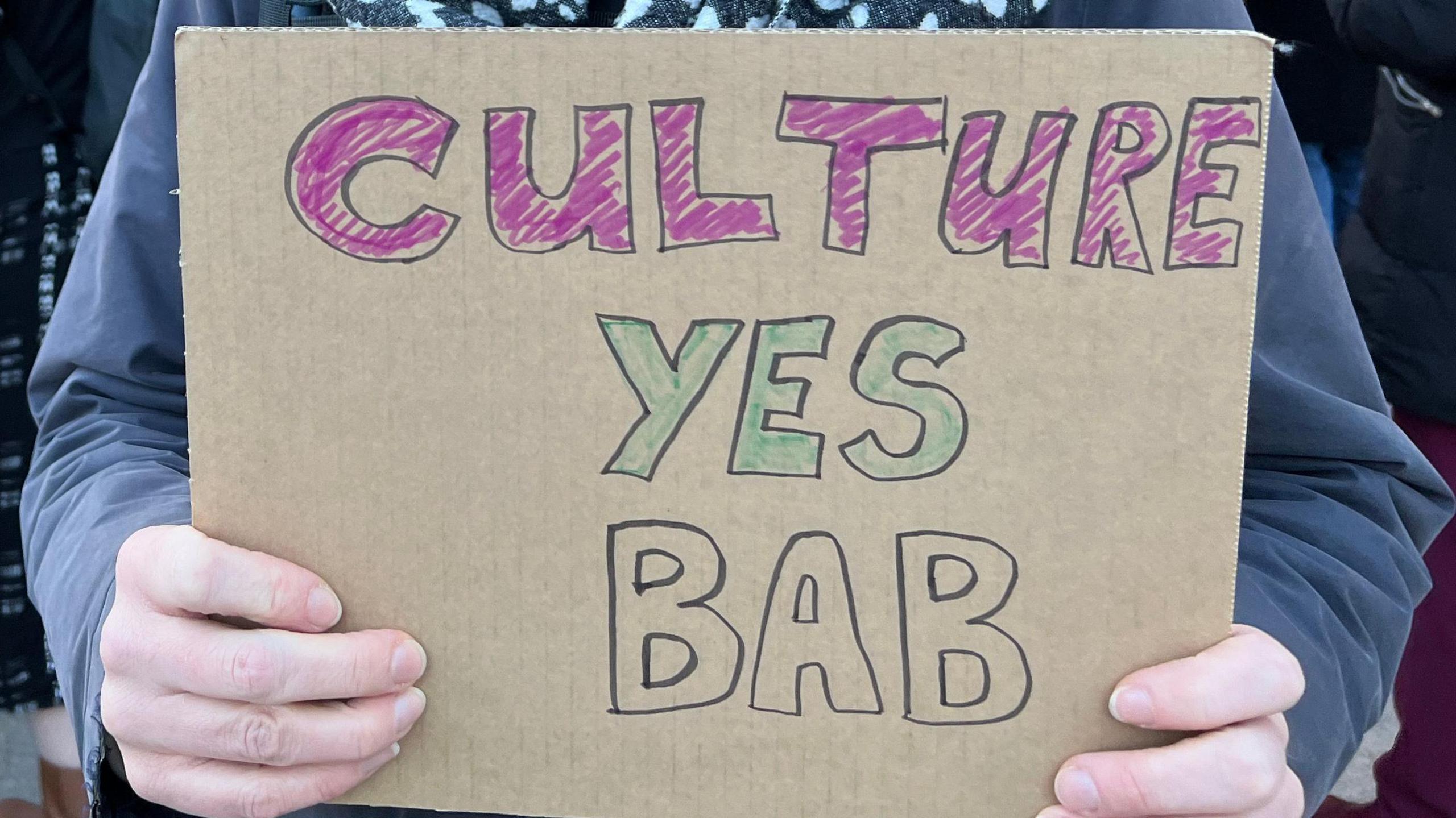'There's very little council money left for the arts'

Councils across the country have cut back on arts and culture spending this year
- Published
The potential closure of a theatre in Staffordshire has led to calls for cash-strapped councils to keep investing in the arts and not forget what benefits they can bring.
Cannock's Prince of Wales Theatre was recently earmarked for closure in the latest example of a council cutting arts and culture funding.
The Campaign for the Arts said the arts were on a “downward curve everywhere” and urged councils to protect investment, while former MP Tristram Hunt warned the arts faced a "vicious cycle" if funding declined.
The government said it was fixing the foundations of local government by rebuilding the sector.
As Cannock Chase District Council blamed the potential closure of the theatre on a £1.3m shortfall, its leader Tony Jackson said it was one of the hardest decisions he had been involved in. A consultation runs until 2 January, external.
Tristram Hunt, a former Stoke-on-Trent MP who is now director of London's Victoria and Albert Museum, said the "vast majority of local authority budgets were now taken up with social care and children in care".
"After all that, including sweeping streets and emptying bins, there is very, very little left," he said.
Mr Hunt said regional museums, galleries and universities were important "on grounds of equity" so people could access great works and "wonders of beauty" as well as for nurturing creativity.
However, while London organisations benefited from more philanthropism and more tourism, the situation was more challenging in big regional centres such as Birmingham, Mr Hunt said.
Struggling Birmingham City Council slashed its arts funding earlier this year with leader John Cotton calling it a difficult decision.
"The threat is that we lose the ability of museums and galleries to acquire new works, to energise collections, to put on new exhibitions and bring new audiences in," Mr Hunt said.
"They will close on more days, have fewer staff and fewer exhibitions. It's a vicious cycle."
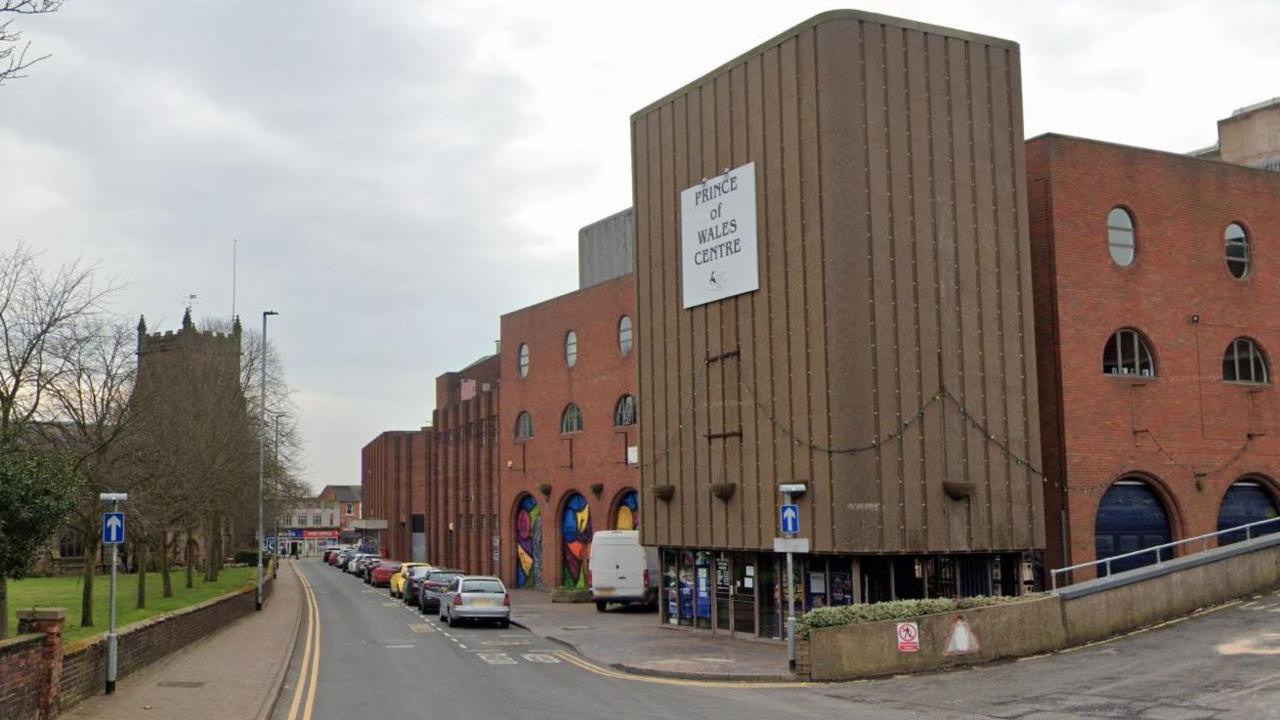
Cannock Chase District Council blamed the potential closure of the theatre on a £1.3m budget shortfall
Other parts of the West Midlands have seen funding for the arts under pressure over the past few years as councils struggled to balance their budgets.
In one example, two years ago, campaigners fought plans by the local authority to cut museum opening hours in Stoke-on-Trent, a global centre for the ceramics industry. They were later amended.
In others, Wolverhampton City Council cut funding for arts and voluntary groups to save £1.6m in 2014 and Worcester councillors backed plans to cut arts grants last year.
This year, Shropshire Council's leader said the authority was "unbelievably close" to bankruptcy and a union leader raised fears about the future of libraries and theatres in the county.
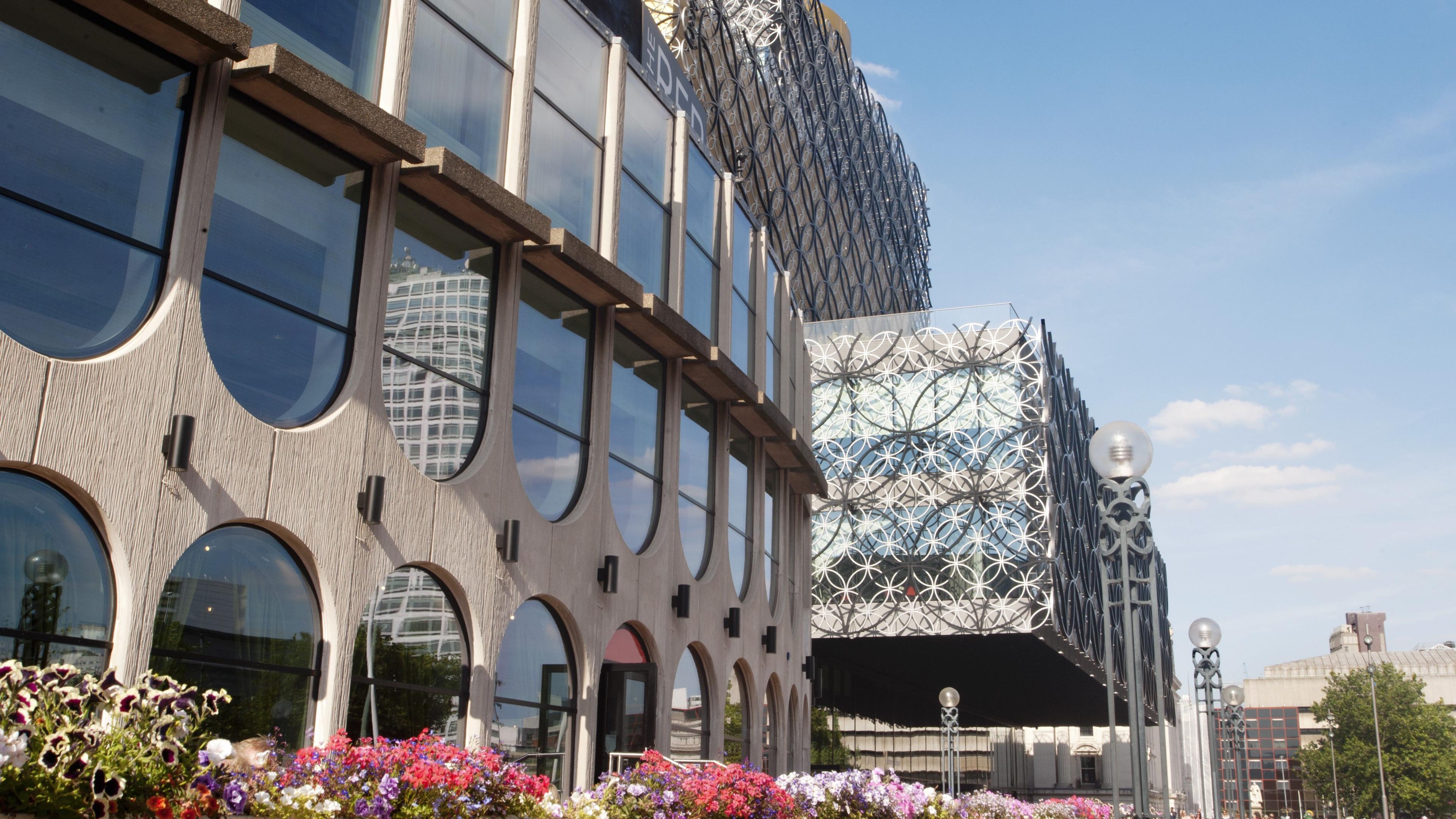
Birmingham has seen the city council scrap almost all its arts funding this year
Jack Gamble, director of The Campaign for the Arts charity, said local authorities have been hit by rocketing costs in social care, for homelessness and for school transport.
“We do encounter the view that the arts are a bit of a luxury and 'do you really need to care about the arts when there are schools and hospitals to care about' but it shouldn’t be ‘either or’. We can have both,” Mr Gamble said.
Following the decision in Cannock, Mr Gamble said theatres and museums could be of long-term benefit to local economies and towards residents' health and wellbeing.
"The arts have a positive role in lifelong, educational opportunities. All of that will be affected. Everybody will be worse off," he said.
“I don’t envy councils having to take difficult decisions but I would urge them to protect investment."
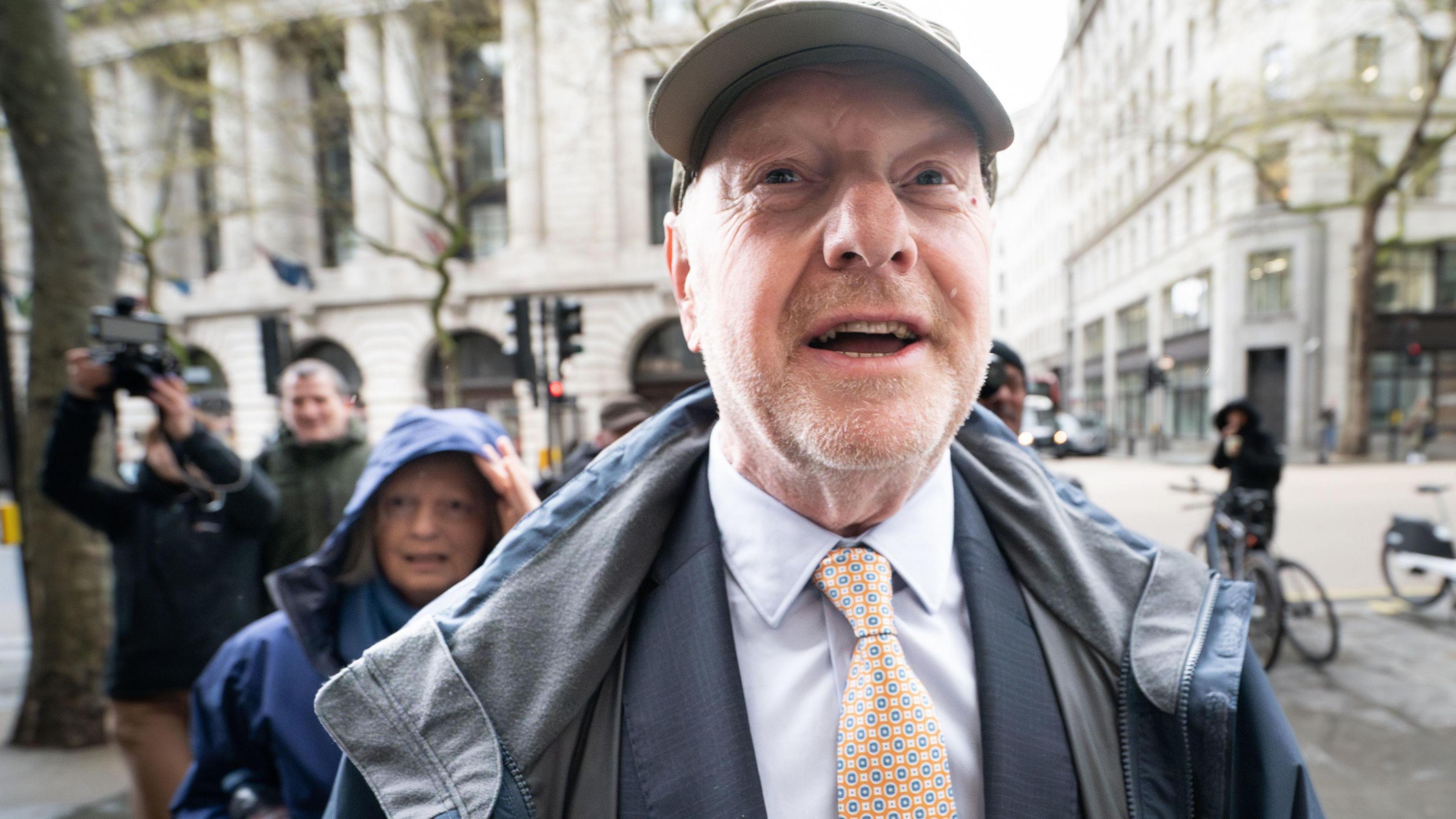
The case of former subpostmaster and campaigner Sir Alan Bates, which featured in an ITV drama, showed how art could speak truth to power, a university expert said
This summer, a report, external by the University of Warwick and Campaign for the Arts warned the UK’s art sector was “on the brink of collapse”.
Dr Heidi Ashton, one of its authors, said there had been "a complete loss of understanding in relation to what the arts and culture mean".
She said small venues were struggling to survive and more would perish while small organisations were working from one grant to the next.
"The arts and culture connect us to ourselves and each other, they connect us to the past, the present and the future, they have the power to hold truth to power," Dr Ashton added.
She highlighted ITV's agenda-setting drama Mr Bates vs The Post Office as one example as such works "hold a mirror up to society, engendering empathy and understanding".

Arts played a positive role in people's lives and were a way to connect, campaigners said
The Local Government Association said cost and demand pressures on councils would see more money go towards statutory services such as homelessness, children’s services and adult social care, leading to reduced grants to community groups and cultural organisations.
An Arts Council England spokeswoman said: “We understand local authorities are currently making tough decisions but ensuring local investment in culture is vital, as we know it changes people’s lives for the better."
She added the Arts Council was not in a position to fill funding gaps.
A government spokesman said they were working to rebuild local government by "fixing the foundations" with an extra £1.3bn announced in the chancellor's autumn budget.
"We are also providing greater stability to areas by moving to multi-year funding statements and ending competitive bidding processes," they added.
Get in touch
Tell us which stories we should cover in Staffordshire
Follow BBC Stoke & Staffordshire on BBC Sounds, Facebook, external, X, external and Instagram, external.
- Published28 November 2024

- Published28 February 2024
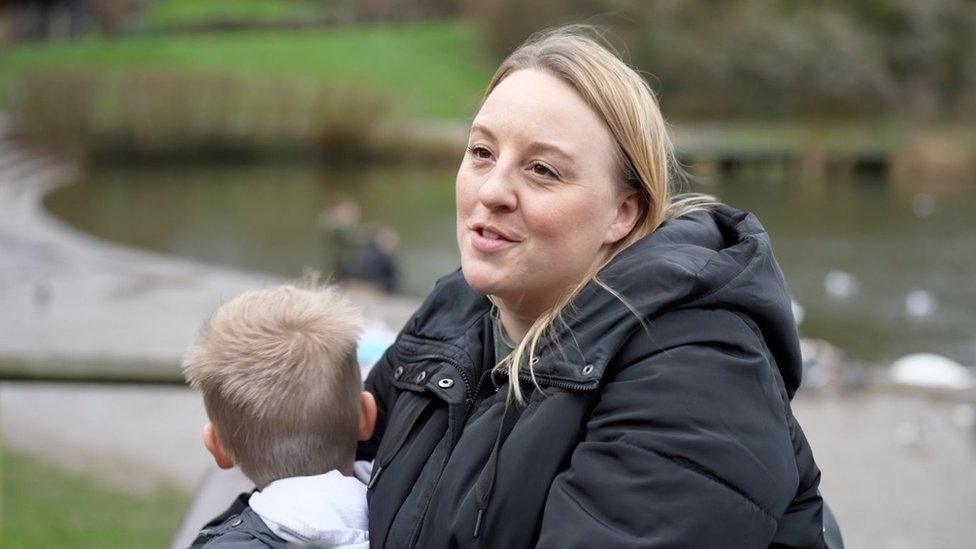
- Published23 October 2024
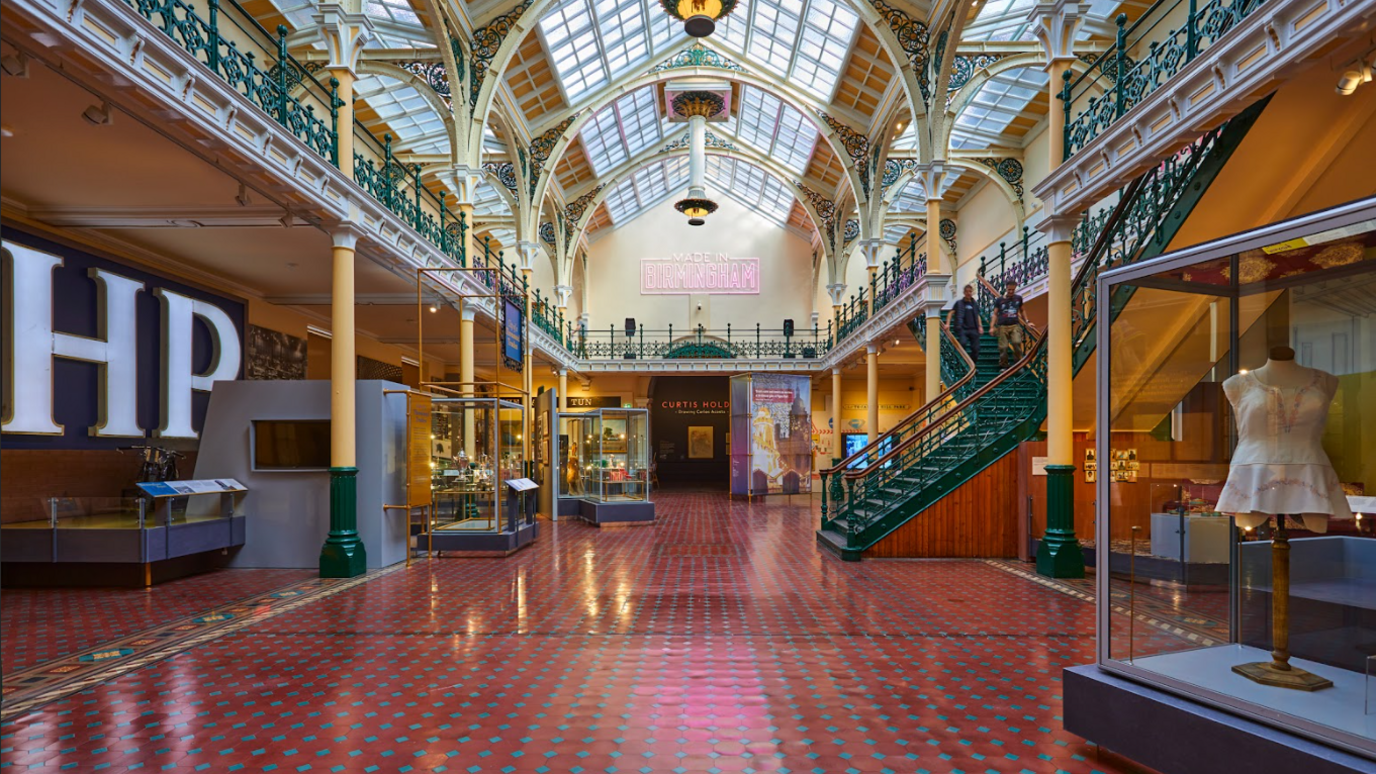
- Published7 March 2024
